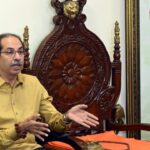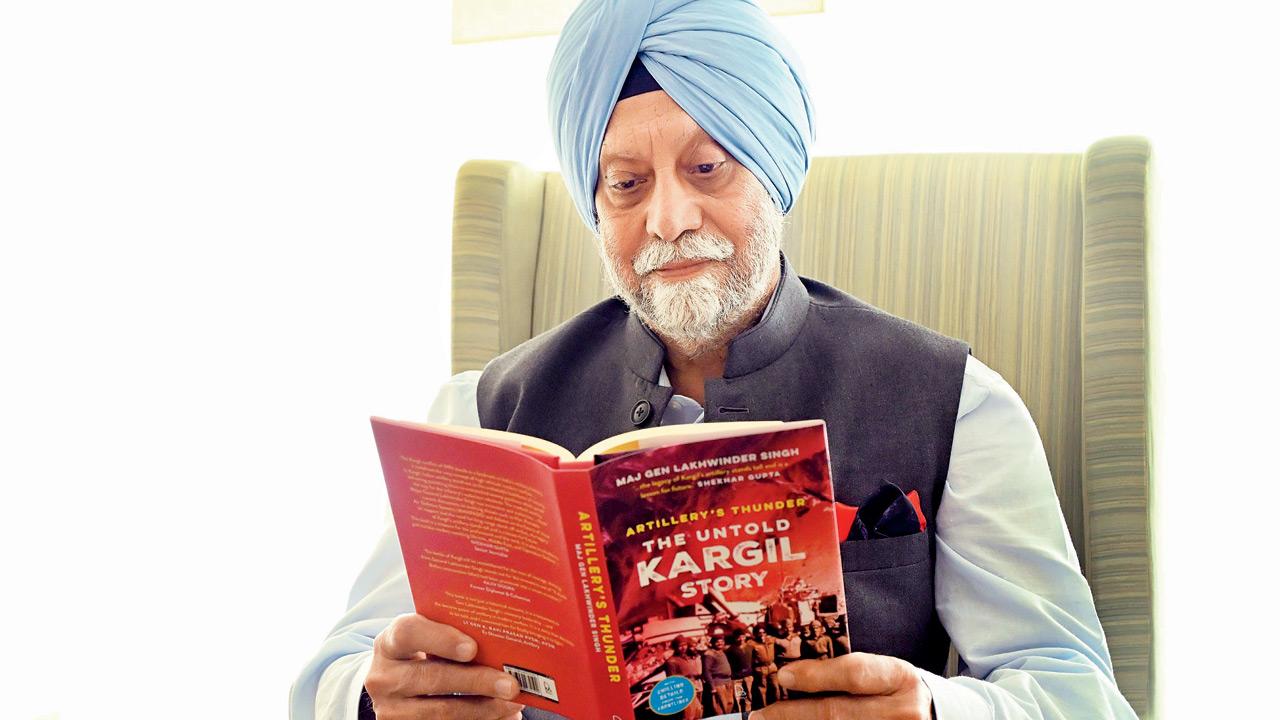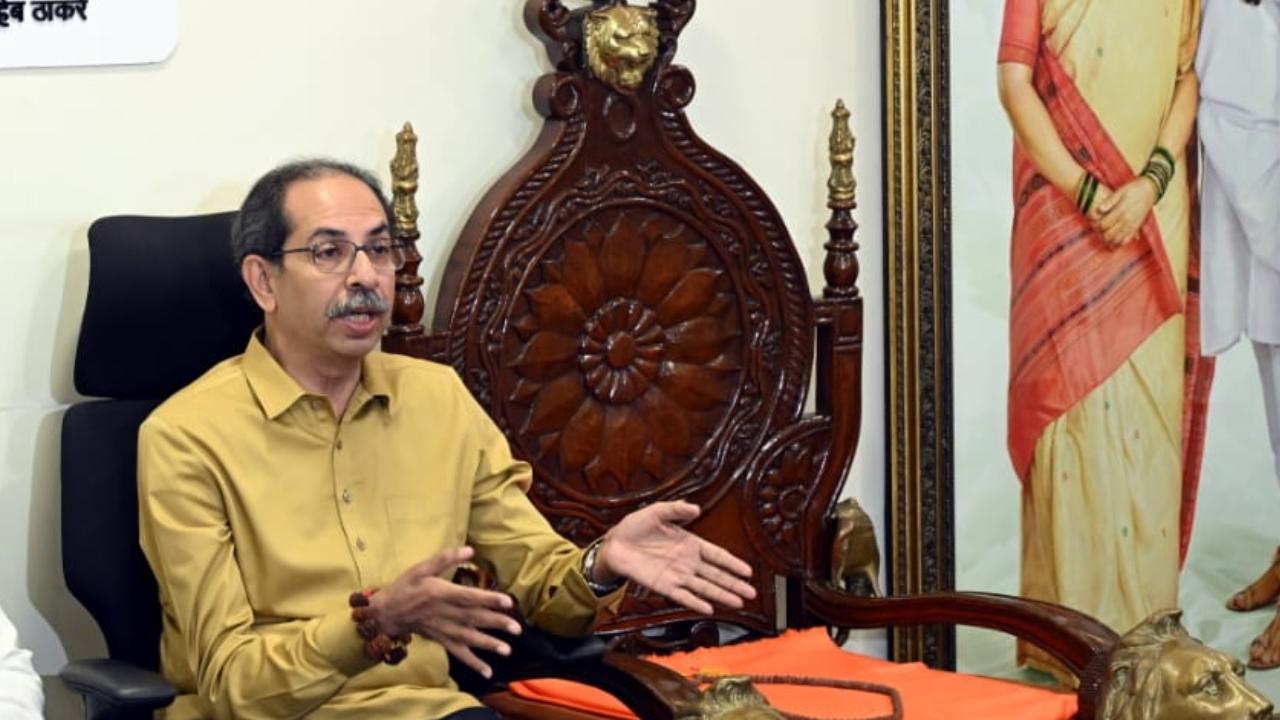Making sure that the nation is not deaf to the thunder of artillery, Kargil war veteran Major General (Retd) Lakhwinder Singh is out with his book: ‘Artillery`s Thunder: The Untold Kargil Story’. Maj Gen Singh, who lives in Delhi, is in Mumbai as part of his book promotions. Artillery’s Thunder sheds light on the seminal but unfortunately little-understood contribution of the Indian army’s artillery units during the 1999 Kargil War. Said Maj Gen Singh in a freewheeling chat in his South Mumbai hotel: “The artillery force and its role are lesser-known facets of Indian defence. My book, though launched more than two decades post the Kargil War, has tremendous resonance because we are living in times of conflict.”
Caught napping
The dignified fauji added, “Rewinding to the Kargil War specifically, we (India) were caught unawares. This was an intelligence lapse or failure. There were several reasons for this. The first was that India thought the Pakistan side of Kargil was very poorly developed. The Indians believed it would take time for Pak soldiers to reach where they did… it would give them time to react. Then, like all this time, where soldiers on both (India-Pak) sides vacate their posts in winter, only to reoccupy them in Spring, we thought the Pakistanis had vacated their posts. Finally, there was optimism because of ‘bus diplomacy’ at that time.” The bus diplomacy referred to the 1999 Lahore Bus Diplomacy wherein then Indian Prime Minister Atal Bihari Vajpayee took the inaugural Delhi-Lahore bus to Pakistan for peace talks. This act of goodwill, though, was followed by Pakistan`s military infiltration in the Kargil sector just a few months later, leading to the Kargil War.
Artillery power
Maj Gen Singh said, “India was on the back foot at the beginning of the Kargil War. We came onto the front foot eventually and finally chewed up the enemy,” said the army man with a hint of pride. He added, “Worldwide, there is a statistic that the artillery causes 82 per cent of the casualties in a war. In the Kargil confrontation, Indian infantry units fought to recapture Tololing peak from Pakistan — a strategically important mountain in the Dras sector of Kashmir — and we lost two officers. Eventually, the artillery was brought in, and we fired over 100 guns. That was when the tide turned. Intercepts told us the Pakistani soldiers were saying: “Bachao (save us)… all hell has broken loose. We rained fire and hell on the enemy. This shows that the artillery is a general arm of the army, not just playing a supportive role.”
Factual accounts
The author, who could fill up a room merely with his presence and personality, said of his work: “It is based on historical facts.” Turn the pages of Artillery’s Thunder, initial chapters of which give context to ‘Operation Vijay’, and one can almost hear the thunder and crack of over 290,000 shells which were fired to reclaim strategic peaks like Tololing and Tiger Hill. “The word Bofors (Howitzer) became a buzzword for the battle,” said the writer, and smiled as he informed that his role had earned him the sterling sobriquet, ‘Enraged Bull of Dras’ among locals.
The message
Signing off, as Maj Gen walked out of his hotel room with a crisp stride, he said, “Young people must join the army out of choice. The best must come to the army. The wives and children of defence personnel are part of the system. They are the fauji parivaar. The family has the toughest time; their days are filled with trepidation when their loved one is away fighting. What they fear most during those times is the prospect of that one dreadful telephone call, with a voice at the other end telling them their loved one has perished in war. Ordinary people must find avenues to look after war widows, of the wounded in our war. When people demonstrate this kind of solidarity and support, youngsters will think the army is worth joining,” he concluded. Like they say, “May the ‘fauj’ (pun intended) be with you”, and while they are with us, what is more important is that we, too, always be with our fauj.
290,000
Approximate no. of shells India fired to regain peaks











